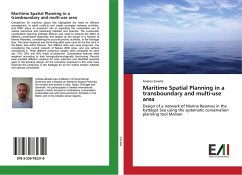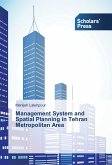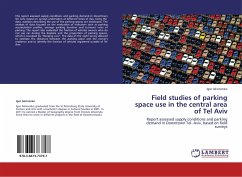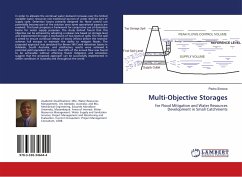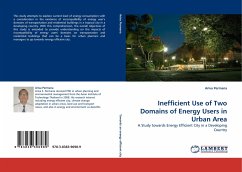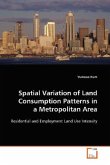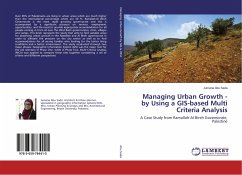Competition for maritime space has highlighted the need for efficient management, to avoid conflicts and create synergies between activities. And MSP plays an important role in regulating the sustainable use of marine resources and preserving habitats and species. The systematic conservation planning software Marxan was used to analyze the effect of different conservation objectives and targets on the design of a network of Marine Reserves, considering the socio-economic activities, in the Kattegat Sea. The larval dispersal and the fishing effort were used for the first time in the Baltic Sea within Marxan. Two different data sets were analyzed: one considering the current network of Natura 2000 sites, and one without considering it. Three different protection targets were compared for each set: 10%, 20% and 30% levels of protection. Conservation features were weighted according to their biologically/ecologically functioning. Results have provided different solutions for sites selection and identified potential gaps in the existing design. All the scenarios proposed in this work have improved the protection in the Kattegat for all the marine benthic habitats and species considered.
Bitte wählen Sie Ihr Anliegen aus.
Rechnungen
Retourenschein anfordern
Bestellstatus
Storno

